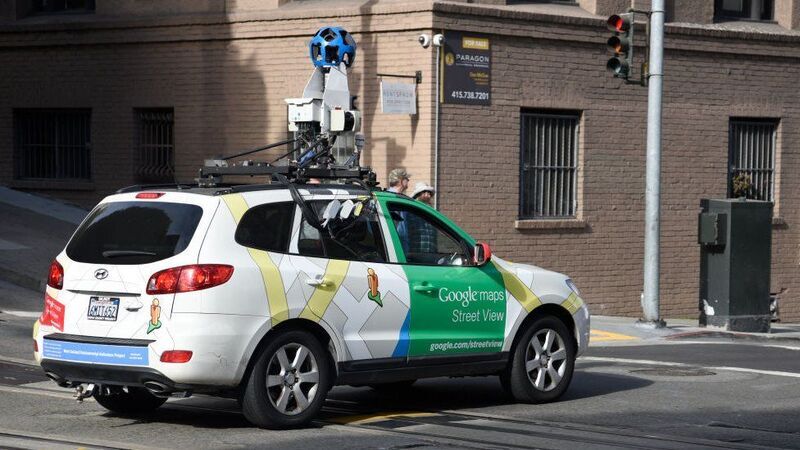
EU adopts new rules to significantly cut packaging waste with re-use targets
The European Union has formally adopted a regulation on packaging and packaging waste. The new ...

Google Maps is introducing new features to make it easier for drivers to choose eco-friendly options, the company announced Tuesday. The move is part of the company’s stated commitment to reduce humanity’s carbon emissions.
Google’s suggestions will use estimates from the National Renewable Energy Laboratory as well as information on traffic congestion or the known incline of a road to come up with carbon-footprint estimates, Glasgow wrote.
Transportation is the biggest source of carbon emissions in the U.S., so changing drivers’ behavior — especially for those who drive the most — could make a dent in that figure, said Elizabeth Irvin, a senior transportation analyst at the Union of Concerned Scientists.
“The amount of fuel and greenhouse gas emissions you’ll save is going to really depend on how much driving you’re doing. This could be really useful for people doing ride-hailing driving, like Uber, Lyft or delivery drivers,” Irvin said.
She pointed to a UPS policy that drivers avoid left turns as an example of a small change that can have a large impact. The policy reduces the time UPS trucks spend in traffic, saving 10 million gallons of fuel and 20,000 tons of carbon dioxide annually, according to the delivery company.
Still, there are limits to the effects that individual choices can have. “The transportation choices people make are influenced by outside investment and policy decisions outside an individual’s control,” Irvin said. Truly reducing emissions from driving would require large-scale policy to make public transit more accessible and replace gas-burning cars with zero-emissions ones, she said.
Google did not provide an estimate of the emissions savings that could result from the new Maps feature. However, Russell Dicker, a director of product at the company, said that about half of Google Maps’ current recommendations have an “eco-friendly” alternative, according to Reuters.
The company last year pledged to reach “carbon-free” operations by 2030 and to nudge its billion users to make more eco-friendly choices. After pressure from its workforce and activist groups like Greenpeace, Google also distanced itself from oil and gas companies last year when it promised it would no longer create custom artificial intelligence tools for fossil-fuel extractors.
The European Union has formally adopted a regulation on packaging and packaging waste. The new ...
Inaugurating the Abydos Solar Power Plant in the Upper Egypt governorate of Aswan represents a ...
Businesses that fail to adapt to climate risks like extreme heat could lose up to ...


اترك تعليقا